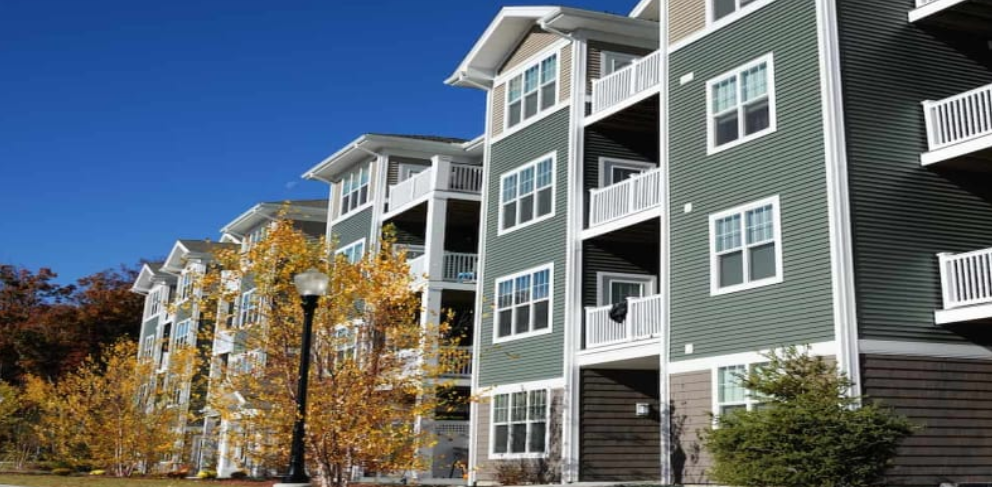Finding affordable senior apartments requires research, patience, and knowledge of available resources. Here's a comprehensive guide to help you secure a cost-effective living arrangement in the United States:

Understand Your Options
-
Section 8 Housing Choice Voucher Program: Provides rental assistance vouchers to low-income individuals, including seniors.
-
Section 202 Supportive Housing for the Elderly Program: Specifically designed for low-income seniors, offering subsidized rental housing.
-
Low-Income Housing Tax Credit (LIHTC) Properties: Offer reduced rent based on income eligibility.
-
Public Housing: Government-owned properties with rent set at a percentage of the tenant's income.
-
Non-Profit Organizations: Various organizations, such as AARP, provide affordable housing options and assistance.
Determine Eligibility
-
Income Requirements: Most programs require income below a certain threshold, often based on the Area Median Income (AMI).
-
Age Requirements: Typically, you must be at least 62 years old for senior-specific programs.
-
Residency Status: Proof of U.S. citizenship or eligible immigration status is usually required.
Apply for Assistance Programs
-
Contact Local Public Housing Agencies (PHAs): PHAs administer many of these programs and can guide you through the application process. Find your local PHA here.
-
Prepare Necessary Documentation: This includes proof of income, identification, and other relevant documents.
-
Be Prepared for Waiting Lists: Due to high demand, many programs have long waiting lists.
Utilize Online Resources
-
HUD: The Department of Housing and Urban Development (HUD) website provides information and resources.
-
Affordable Housing Online: Lists affordable housing options nationwide.
-
Senior Housing Net: Offers a comprehensive directory of senior housing options.
Work with Local Agencies and Non-Profits
-
N4A: Provides resources and assistance for seniors.
-
Local Housing Authorities: Often have information on affordable housing options and waiting lists.
-
Community Action Agencies: Offer various support services, including housing assistance.
Explore State and Local Programs
-
State Housing Finance Agencies (HFAs): Many states have their own programs to support affordable housing for seniors. Find your state's HFA here.
-
Local Government Programs: Check with city or county housing departments for additional resources.
Consider Co-Housing or Shared Housing
-
Senior Co-Housing Communities: Groups of seniors live together and share resources.
-
Shared Housing Programs: Match seniors with roommates to share housing costs.
Leverage Senior Discounts and Benefits
-
Utilities and Services Discounts: Many utility companies and service providers offer senior discounts.
-
Medicaid and Other Benefits: These can help offset other living expenses, making housing more affordable.
Steps to Apply for Affordable Senior Housing
-
Research: Identify the programs and properties that meet your needs.
-
Contact: Reach out to PHAs, property managers, and non-profit organizations for application details.
-
Apply: Complete applications accurately and thoroughly, providing all required documentation.
-
Follow Up: Stay in touch with housing authorities and property managers to check the status of your application.
-
Prepare for Interviews: Some programs may require interviews or additional steps before approval.
Final Tips
-
Stay Organized: Keep track of application deadlines, required documents, and follow-up dates.
-
Be Persistent: Affordable housing is in high demand, so persistence is key.
-
Seek Help: Don't hesitate to ask for assistance from family, friends, or local support organizations.
By exploring all available options and utilizing the resources provided, seniors can find affordable housing that suits their needs and financial situation.



